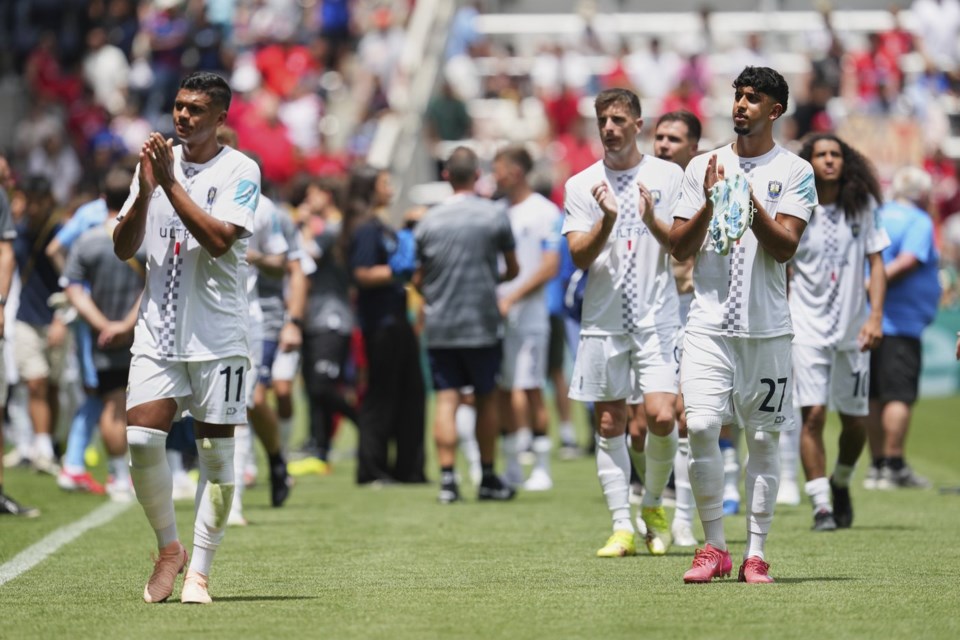Soccer officials in Oceania hope a new western Pacific-based competition might enable the region to better compete on the global stage and establish a blueprint for others to follow.
The Oceania Football Confederation (OFC) on Friday announced eight preferred clubs that will participate in its first ever OFC Professional League in January if they successfully complete the final stages of the licensing and compliance process.
New Zealand, the premier power in the confederation, has two: Auckland FC and Christchurch United. Fiji, the Solomon Islands and Papua New Guinea are represented respectively by Bula Boys, Solomon Kings and Hekari United.
There is also Vanuatu FC and Tahiti United. South Melbourne joins from Australia, although the nation left the OFC in 2006 to join the Asian Football Confederation.
The small populations scattered across the islands of Oceania make it difficult for countries to develop their own infrastructures and challenge on the international stage.
“This is the first ever professional league specifically for the Oceania region,” league manager Stuart Larman told The Associated Press. “It provides a professional pathway for players, coaches, referees and administrators, something that will help all hone their skills and competitiveness.”
A chance to play more matches is a priority.
“When I first traveled around the member associations of the OFC, I was told that the best players tend to have two or three highly competitive matches in a year,” said Larman. “The league guarantees that high level competition for at least 17 matches per club every season.”
More competition could help at the 2029 FIFA Club World Cup.
At the 2025 edition, Auckland City, the OFC’s highest-ranked club, lost 10-0 to Bayern Munich and 6-0 to Benfica, although it went on to draw 1-1 with Boca Juniors of Argentina.
The new league will provide a way to qualify for the 2029 tournament.
“The league will certainly provide the conditions for the OFC representatives to be best prepared in FIFA competitions,” said Larman.
It should help raise standards off the field, too.
“The licensing metrics required by the OFC will necessitate the selected clubs to implement professional governance, infrastructure, and sporting standards,” James Kitching, a former senior FIFA and AFC executive, told AP. “Those flow-on effects may include increased training compensation and solidarity mechanism payments to clubs, or even payment of transfer fees.”
If everything goes according to plan, there could be new regional leagues springing up elsewhere in the world, especially as the governing body’s attitude has changed.
“FIFA has taken a much more liberal and flexible approach to the traditional ‘same country, same league’ model that is common across world football,” Kitching added. “The cross-border model could be potentially adopted in several regions of the world, whether for sporting, commercial, infrastructure or other reasons.”
The OFC Professional League will be officially launched in Auckland at the end of October.
___
AP soccer: https://apnews.com/hub/soccer
John Duerden, The Associated Press


